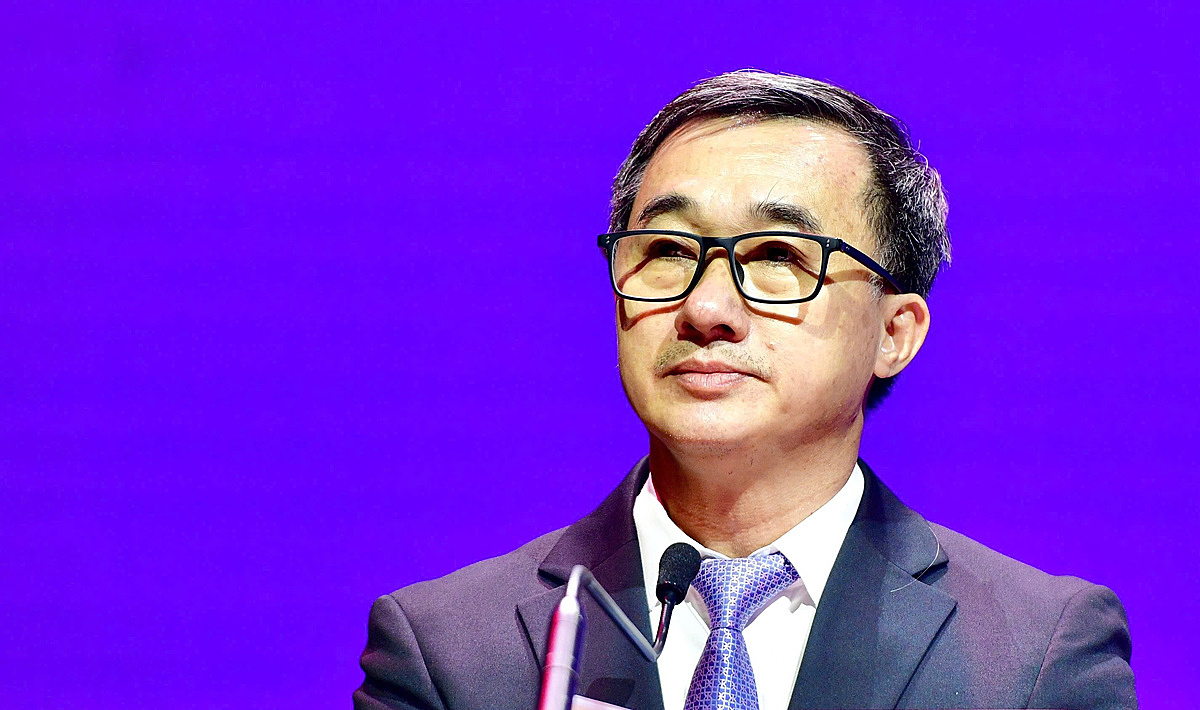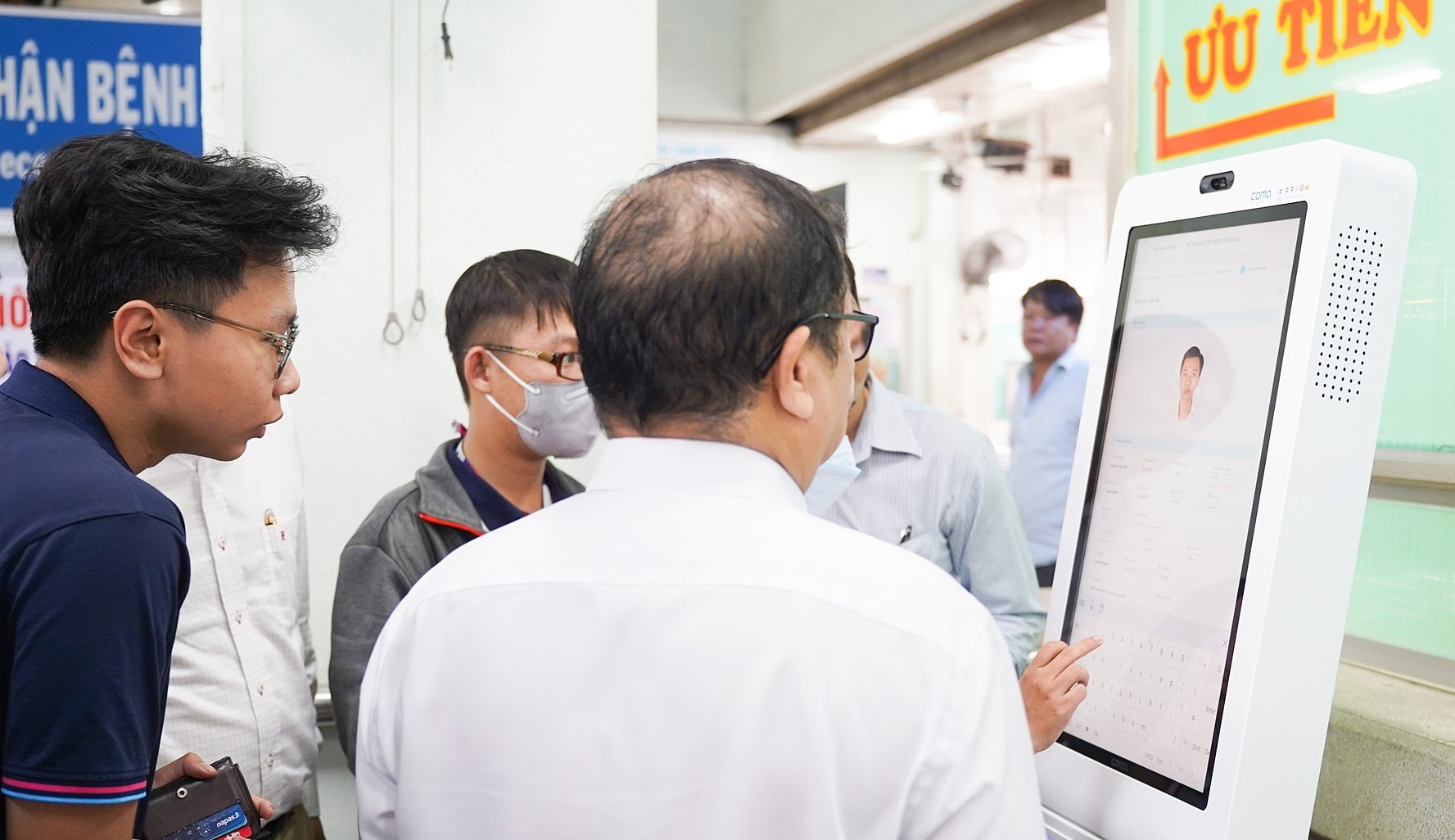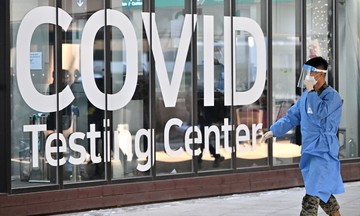"Hospitals must become centers of innovation, converging science, technology, data and AI, and serve as pillars of a safe, equitable, and sustainable healthcare system," Thuan said at the Asian Hospital Management Conference 2025 in TP HCM on 10/9. The conference attracted more than 1,200 delegates from 30 countries and territories.
Global medicine is facing unprecedented challenges. The population is aging rapidly, with non-communicable diseases accounting for over 70% of deaths. Emerging infectious diseases are constantly appearing, and climate change threatens public health. Meanwhile, the healthcare workforce crisis is worsening, with a shortage of qualified personnel, especially in difficult-to-reach areas.
By 2024, Vietnam's total health workforce reached over 431,000 people, far below the target of 632,000 people according to the 2011-2020 plan. The doctor-to-patient ratio is only 14 per 10,000 people, lower than the global and regional average. The nurse-to-doctor ratio in public hospitals is only 1.2-1.5, while the international recommendation is above 2.
Along with the human resources issue, according to Thuan, Vietnam's healthcare system faces many other challenges, such as overcrowding at central hospitals while grassroots healthcare has not been fully utilized. Financial mechanisms and health insurance policies are not synchronized, and the digital transformation process lacks uniformity and is limited in interoperability between levels.
 |
Deputy Minister of Health Nguyen Van Thuan speaks at the Asian Hospital Management Conference 2025, on 10/9. Photo: *Huong Mai* |
In this context, the Deputy Minister said that it is imperative for hospitals to change their mindset, shifting from a "treatment" model to "proactive health management." This is considered the guiding principle for the future direction of the industry, associated with four key resolutions on science, technology and digital transformation, international integration, institutional reform, and private economic development.
Among these, digital transformation, especially the application of AI, is a key pillar. Dr. Ha Anh Duc, Director of the Department of Medical Examination and Treatment Management (Ministry of Health), stated that Vietnam is in the early stages of building a legal framework for medical AI. If it keeps pace with technology, AI can not only help reduce hospital overload and save costs but also increase public trust in the healthcare system.
"AI is a treatment support tool and must be designed as a life-saving device, operating on a transparent legal platform and strong ethics," Duc said, adding that collaboration between the health sector, hospitals, and technology companies will determine the sustainable integration of AI from the laboratory into practice.
 |
Electronic medical records implemented at Cho Ray Hospital. Photo: *Hospital provided* |
The government and Ministry of Health aim to have all hospitals nationwide implement electronic medical records by 30/9. Currently, about 500 out of more than 1,800 hospitals have done so, and 20% of the population have electronic health records. It is expected that next year, all Vietnamese citizens will have electronic health records. From now until 2030, the health sector will continue to complete the digital health ecosystem, build a centralized data center, and create a smart management system, promoting public-private partnerships and strengthening continuous training for health workers.
Le Phuong












